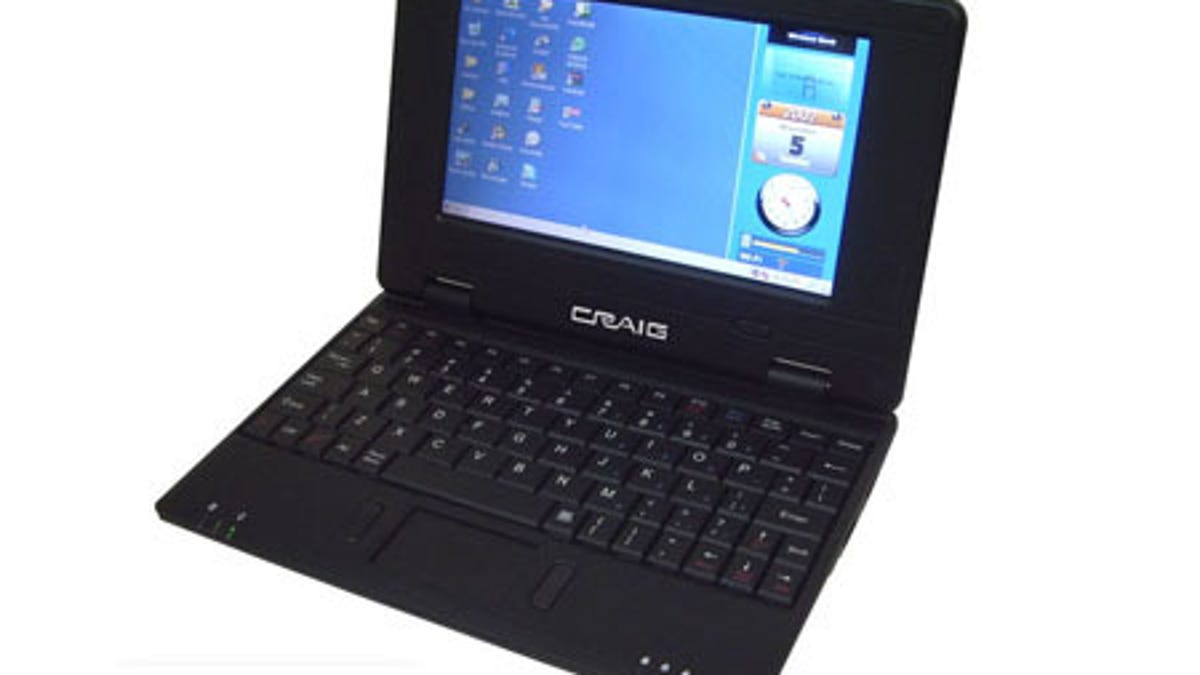'Wintel' on the wane: Intel goes Google
Intel has been synonymous with Windows PCs seemingly forever. But it's trying to change that in a hurry. Enter Google.

The fact that Microsoft and Intel no longer rule the personal computing world isn't news. But what happens next is.
I'll start with a flashback from the early '90s. I remember attending the launch of Windows 3.1 when I lived in Japan. Kazuhiko Nishi, former friend and business partner of Bill Gates, made a statement that foretold the fate of the Japanese PC industry as well as the global PC market.
I'm paraphrasing, but he said Microsoft was the chassis and Intel the engine of the personal computer. The point, of course, was that the two companies controlled the Windows PC and, as a consequence, controlled the digital computing world.
That was then. Today, Intel needs to be the engine powering the non-Windows world. That's where the explosive growth is.
So Intel is turning to Google. I've been hearing from sources at Intel for a long time that Android is the future. And Intel said as much to CNET this week.
Expect to see Intel-based Android laptops and hybrids priced between, let's say, $200 to $500 in the coming months. (Likely, at first, from companies such as erstwhile Netbook vendors Asus and Acer.)
A lot of the above will emerge in Asia, not necessarily the U.S.
And those aren't the only new Android devices you'll see. Intel's Communications Group is also pushing hard into Android phones. The Lenovo K900 and Motorola RAZR I, and phonelike devices such as the Asus FonePad, come to mind. Intel will continue to expand this business in developing countries.
Intel-powered Android tablets are also in the cards. If you don't think that's possible, just look at all of the Intel-Android tablets being sold in China.
Then there's the Chromebook. Intel is inside most of these, including the Chromebook Pixel, Acer C7, and HP Pavilion Chromebook.
The question, of course, is how successful Intel can be when it's not calling the shots with Microsoft.
I'll be watching carefully in the next 12 months. Will consumers?

